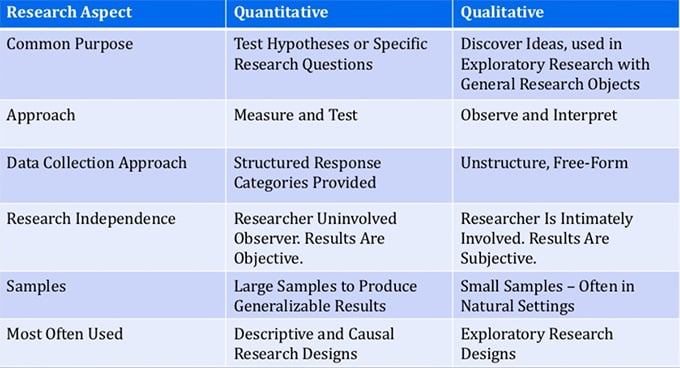The methodological strategy of qualitative research uses non-numerical data to investigate and comprehend the complexity of social phenomena, human behavior, and experiences.
To find underlying meanings, patterns, and contexts, qualitative research collects and analyzes rich, descriptive data as opposed to quantitative research, which is more concerned with quantifiable variables and statistical analysis.
Insights into the subjective aspects of people’s lives, views, and cultural surroundings can be gained by researchers using this method.
To fully comprehend the complexities of human behavior, perspectives, and experiences, qualitative research is an invaluable instrument. Qualitative research can provide priceless insights into the fields of academia, business, and society when it is done carefully and thoroughly.
Still, an intelligent and calculated strategy is necessary to successfully navigate the complex terrain of qualitative research. We cover seven crucial pointers in this post that will help you improve the caliber and influence of your qualitative research projects.
Writing qualitative research requires attention to detail, clarity, and a systematic approach. Here are seven tips to help you write a high-quality qualitative research paper:
- Clearly Define Your Research Questions:
– Begin by clearly stating your research questions or objectives. This sets the foundation for your study and helps readers understand the purpose of your research. Ensure that your research questions are specific, focused, and aligned with the qualitative research approach.
- Provide a Theoretical Framework or Conceptual Background:
– Introduce the theoretical framework or conceptual background that informs your study. This demonstrates your understanding of existing literature and positions your research within a broader context. Clearly articulate the theoretical perspectives guiding your study.
- Thoroughly Describe Your Research Design:
– Explain the research design and methodology in detail. Discuss your chosen qualitative approach (e.g., phenomenology, grounded theory, case study) and justify why it is appropriate for your study. Include information on sampling methods, data collection techniques, and data analysis procedures.
- Maintain Transparency in Data Collection and Analysis:
– Provide detailed information about how data was collected and analyzed. Include information on how participants were recruited, the data collection tools used (interviews, observations, focus groups), and the steps taken to ensure rigor and trustworthiness in the analysis process.
- Use Rich and Descriptive Language:
– Qualitative research often involves rich, detailed descriptions of phenomena. Use vivid and descriptive language to convey your findings. Incorporate direct quotes from participants to illustrate key points and provide a deeper understanding of the context.
- Ensure Cohesive Data Presentation and Interpretation:
– Organize your findings logically and present them in a way that is easy for readers to follow. Clearly distinguish between data presentation and interpretation. Discuss the implications of your findings and relate them back to your research questions and theoretical framework.
- Maintain Reflexivity and Acknowledge Limitations:
– Reflect on your own role as a researcher and how your background, experiences, and biases may have influenced the study. This reflexivity adds depth to your work. Additionally, acknowledge the limitations of your study, including any constraints in the research design, potential biases, or areas for future research.
Remember to follow the guidelines provided by the specific journal or institution where you plan to submit your research, as they may have additional requirements or preferences for qualitative research papers.
The post 7 Essential Tips for Conducting Qualitative Research with Precision appeared first on Capstone-Intel.











